Major Biomes of the World
 Animals of the Taiga
Animals of the Taiga



Boreal or Coniferous Forests: Cedars, Spruce, Firs and Pines
AMERICAN BLACK BEAR, GRIZZLY BEAR, WOLVERINE, RED FOX, SNOWSHOE HARE, NORTHERN RIVER OTTER, CANADIAN LYNX, GRAY WOLF
|
|
|
| The American Black Bear lives in boreal and temperate
forest; scrub forest Biomes: Taiga, temperate forests, aquatic (swamps) Habitats: Forested lands including mountains, wet meadows, corn fields, cedar swamps, Range: From northern Alaska across North America to Labrador and Newfoundland, and south into Central Mexico (Source; Animal Diversity Web) Status: Endangered in Canada (Source; Animal Diversity Web) Extirpated (completely gone) from Illinois |
The Wolverine can live in a number of biome environments.
Biomes: Tundra; taiga; savanna or grassland; temperate forest; mountains; icecap. Habitats: caves, rock crevices, under snow Range: Northern Europe and Siberian and northern North America Status: Endangered in Canada
(Source; Animal Diversity Web) |
|
|
Snowshoe Hare |
| The Grizzly Bear once ranged over Europe, Asia,
north Africa and North America into Mexico. It is now found in only small
areas in North America, Siberia, perhaps Atlas Mountains, and Asia. Biomes: Tundra; taiga; desert or dune; savanna or grassland; chaparral, temperate forest; scrub forest; mountains. Habitats: dens or hollow logs along shorelines, desert edges. mountains, tundra, alpine meadows; need thick cover for shelter during the day. Range: Northern Europe and Siberian and northern North America Status: Habitat destruction and Asian market for bear parts threaten populations in Siberia and Asia. Northern Canada populations are stable. Fewer that 1,000 brown bears in United States. (Source; Animal Diversity Web) |
The Snowshoe Hare is also called the Varying Hare
because it changes color from brown in spring and summer to white in
winter. Biomes: Tundra; taiga; temperate forest; aquatic (swamps, bogs). Habitats: open fields, fence rows, swamps, riverside thickets, cedar bogs and coniferous lowlands. Range: Canada and Northern United States Status: Not endangered; Common throughout their region (Source; Animal Diversity Web)
|
|
Red Fox |
|
| The red fox
Biomes: Habitats: Range: Status: (Source; Animal Diversity Web) |
River otters Biomes: Habitats: build dens Range: Status: (Source; Animal Diversity Web) |
|
Canadian Lynx |
|
| The lynx is often called a bobcat because of its short or
"bobbed" tail. Information below is about the
Canadian Lynx. Biomes: Taiga and temperate forests, tundra. Habitats: mature forests with dense undergrowth but can also be found in more open forests, rocky areas or tundra. Range: The Canadian Lynx lives in Canada and in US in Montana, Idaho and Utah. Status: Threatened in US and endangered in Michigan (Source; Animal Diversity Web) |
The
Biomes: Habitats: Range: Status: (Source; Animal Diversity Web) |
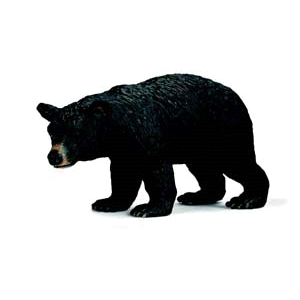
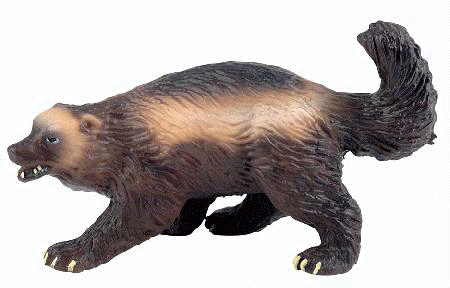
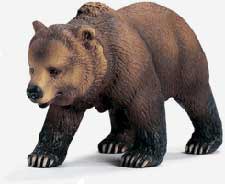
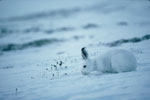
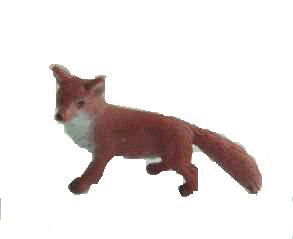
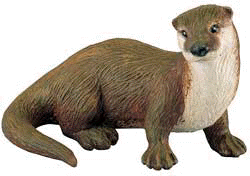
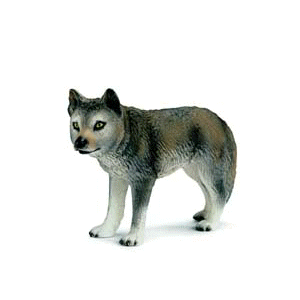
 /
/